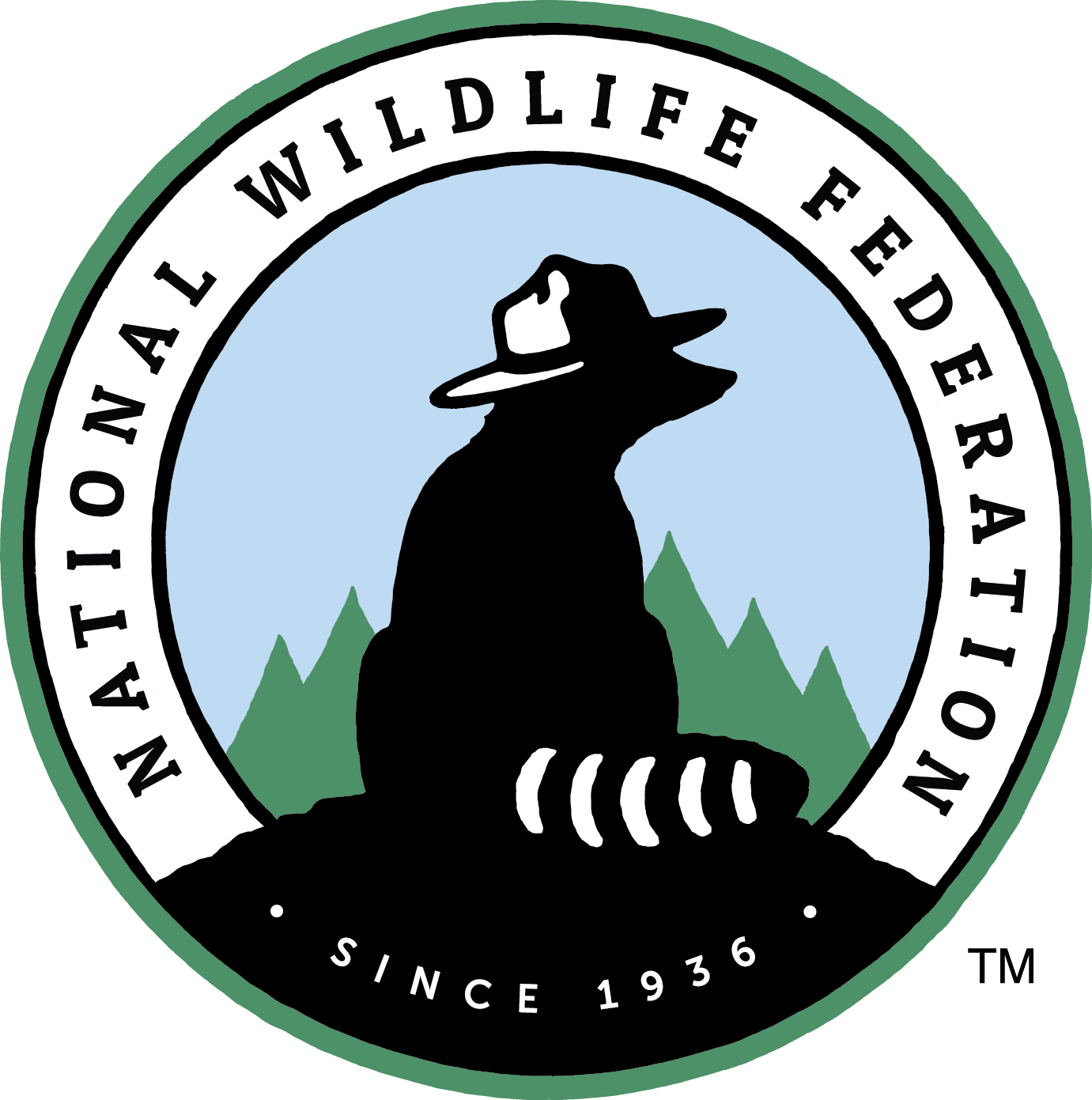Number: 2017-07
WHEREAS, grizzly bears are an iconic species of the West, an indicator of ecosystem health and human tolerance for wildlife, and a species that millions of Americans care about passionately; and
WHEREAS, whereas grizzly bears were eliminated across most of their range in the lower 48 states through uncontrolled hunting, persecution and habitat loss between the late 1800s and the first half of the 1900s; and
WHEREAS, at the time the grizzly bear was listed under the Endangered Species Act in 1975, the species occupied less than two percent of its former range south of Canada, and only small, isolated populations with an estimated total population of 800-1000 bears remained; and
WHEREAS, the 1982 Grizzly Bear Recovery Plan established a goal of recovering six grizzly bear populations south of Canada including a population of 200 grizzly bears in the North Cascades Grizzly Bear Ecosystem; and
WHEREAS, active grizzly bear management programs have helped grizzly bear populations meet recovery targets in two areas – the Greater Yellowstone and Northern Continental Divide – other grizzly populations in the U.S. have not recovered and remain at perilously low numbers; and
WHEREAS, in the North Cascades virtually no recovery has occurred in the last 60 years and the estimated current population is fewer than 10 bears with no documented reproduction and no likelihood of natural recolonization; and
WHEREAS, federal and state agencies have concluded that recovery in the North Cascades is unlikely to occur absent an active program to transplant a small number of grizzly bears; and
WHEREAS, the National Park Service and the U.S. Fish and Wildlife Service released a Draft Environmental Impact Statement in January, 2017, that identifies various strategies for restoring grizzly bears to the North Cascades; and
WHEREAS, local collaborative efforts facilitate community ownership of natural resource management decisions and can reduce pushback or opposition to suggested plans.
NOW, THEREFORE, BE IT RESOLVED that the National Wildlife Federation, in its Annual Meeting assembled June 8-10, 2017 in Stevenson, Washington, urges the National Park Service and the U.S. Fish and Wildlife Service to adopt a science-based decision that will reestablish grizzly bear reproduction in the North Cascades; and that the agencies encourage public involvement as a collaborative effort, which will result in a sustainable restoration of a viable population of grizzly bears in the North Cascades Grizzly Bear Recovery Zone.
